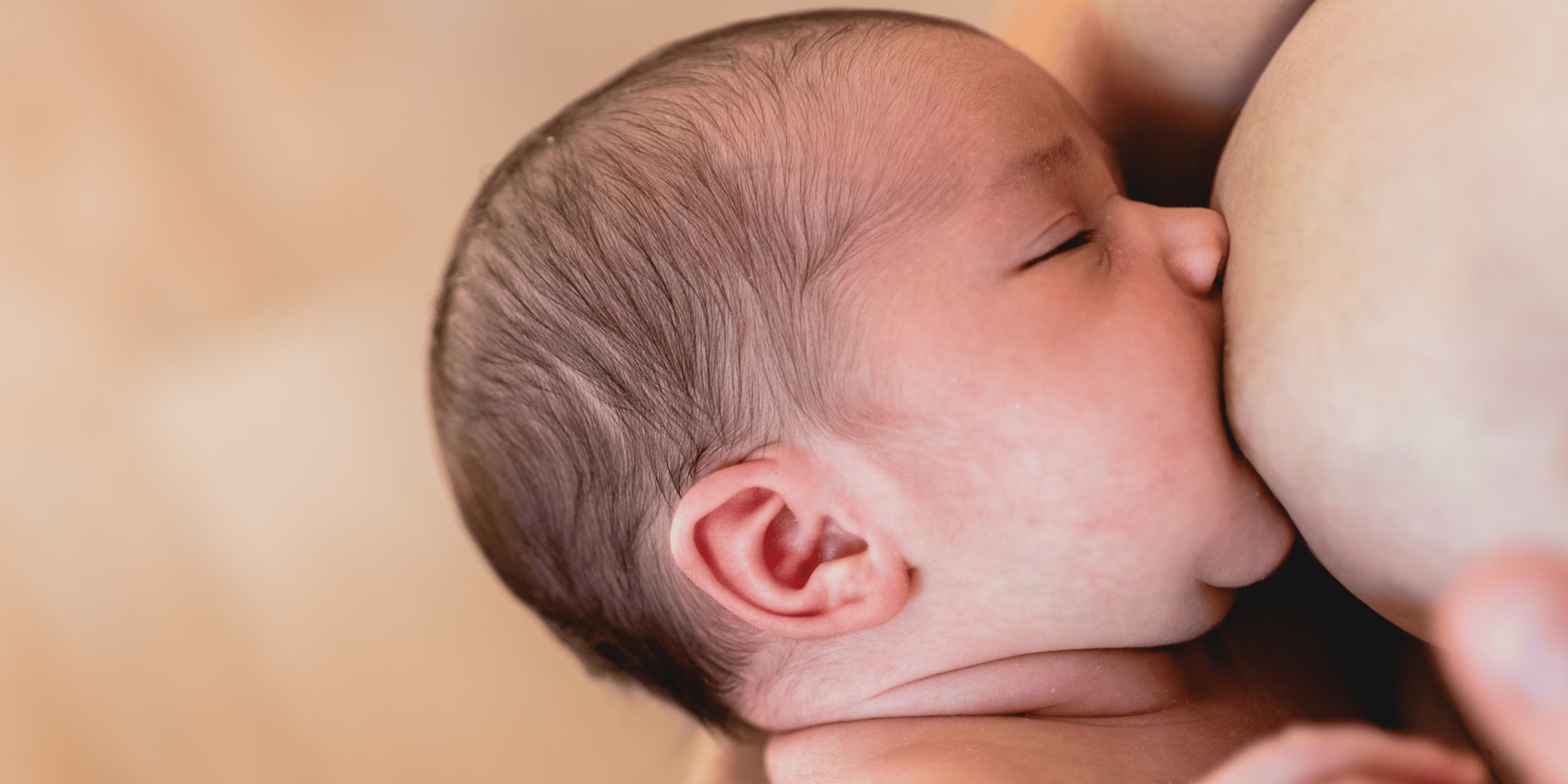When you breastfeed, your body releases special chemicals called breastfeeding hormones. The two main ones are Oxytocin and Prolactin. They help your body make milk, trigger letdown, and keep up with your baby’s needs.
What Are Breastfeeding Hormones?
Breastfeeding hormones are chemical messengers that tell your body what to do while feeding your baby. They don’t just make milk—they also affect your mood, bonding, and even your uterus. Most of the time, we focus on Oxytocin and Prolactin, but other hormones like estrogen, progesterone, and cortisol play smaller supporting roles.
These hormones are released when your baby latches, sucks, or even when you do skin-to-skin contact. Sometimes just hearing your baby cry can trigger them!
How Prolactin Works to Make Milk
Prolactin is the “milk-making” hormone. Every time your baby nurses, the suckling sends a signal to your brain, which releases more Prolactin. This keeps your milk supply in tune with your baby’s needs.
The baby benefits by getting enough milk, and you benefit because your body adjusts naturally to their demand.
One important note: Prolactin can delay ovulation, but it is not a 100% reliable form of birth control. You can still get pregnant while breastfeeding, even if your period hasn’t returned.
Oxytocin and the Letdown Reflex
Oxytocin is often called the “love hormone.” When your baby suckles, it triggers the milk ejection reflex, also called letdown. This is the hormone that pushes milk from your breasts to your baby.
Oxytocin also causes uterine contractions. Right after birth, this helps shrink your uterus back to its pre-pregnancy size and reduces bleeding.
It’s also key for bonding. That warm, connected feeling you get while nursing? That’s Oxytocin. It helps you relax and care for your baby, and babies respond to it too—they feel more comforted and secure.

Other Hormones That Affect Breastfeeding
While Oxytocin and Prolactin do the heavy lifting, other hormones play smaller roles:
- Estrogen and Progesterone: Drop after birth, which helps milk production start.
- Cortisol: Helps with stress and alertness. Too much stress can sometimes block Oxytocin and affect letdown.
Understanding these hormones can help you know why your body responds differently at different times.
How to Support Your Breastfeeding Hormones
Here are a few simple ways to keep your breastfeeding hormones working well:
- Nurse or pump often to maintain milk supply.
- Do skin-to-skin contact with your baby.
- Stay hydrated and eat enough nutritious foods.
- Try to rest and reduce stress where possible.
- Bond with your baby through gentle touch, talking, or singing.
Even small efforts help your hormones and your overall breastfeeding experience.
Breastfeeding Hormones and Your Mood
Oxytocin can also improve mood. It’s linked to feelings of calm, love, and satisfaction. Nursing can even help some moms feel less stressed and lower the risk of postpartum depression.
But every mom’s experience is different. If you feel sad, anxious, or overwhelmed, it’s okay to ask for help. Support is available, and taking care of your emotional health is just as important as feeding your baby.
Resources
- MedStanford – Oxytocin
- La Leche League – International breastfeeding support


